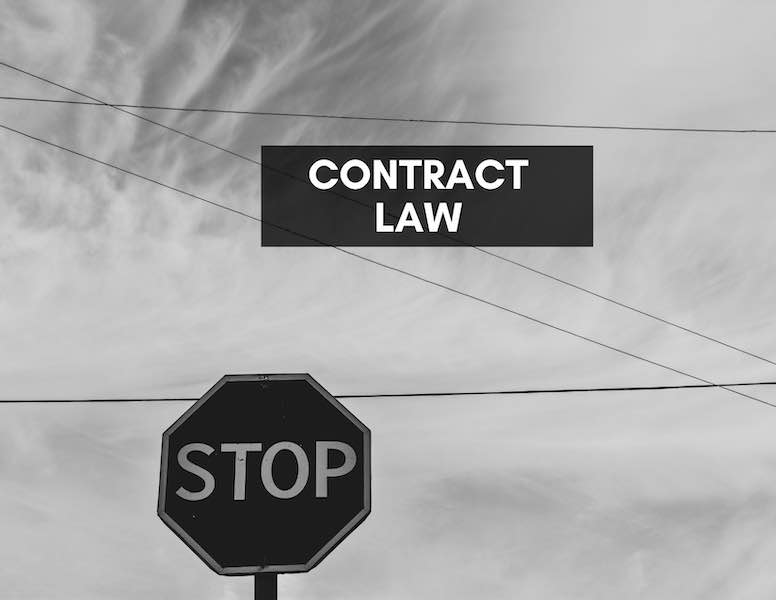Varying a Contractual Term in the Face of an Anti-Oral Variation Clause
by Nicholas Navaron Chula ~ 2 August 2021
Introduction
“Anti-oral variation clause”. What a mouthful!
This type of clause is common in commercial contracts.
But before we get into what an “anti-oral variation clause” is, what is a variation of a contract?
What is a variation of a contract?
A variation of a contract is simply a subsequent amendment and/or subsequent change in the contractual terms agreed upon by the parties.
A variation of a contract can happen either by conduct, in writing or otherwise as long as parties agree to such variation.
And no, you cannot unilaterally vary a contract without the consent of the other counterparty(ies)!
Such unilateral variation may amount to a breach of the terms of the contract, which may give rise to a right of filing an action for wrongful termination of the contract – see: Mega Air Conditioning Sdn Bhd v Speedfam Co. Ltd. [2001] 4 MLJ 321.
What is an anti-oral variation clause?
An anti-oral variation clause or a non-oral modification clause is a type of clause that requires a variation of the terms of the contract to be made exclusively by way of a written consent signed by all parties to the contract.
Another term for “anti-oral variation clause” is “non-oral modification clause”.
Although it is a common clause, in practice, more often than not, parties do not strictly follow the anti-oral variation clause.
After all, within the usual commercial settings (at least in Malaysia), decisions have to be made rather quickly and on a “good faith” basis, notwithstanding that the foregoing is not strictly legal.
Can you vary a contract in the face of an anti-oral variation clause?
Yes, generally parties can vary a contract orally notwithstanding that the contract in question contains an anti-oral variation clause.
This is, of course, subject to a number of exceptions (as set out below).
The issue of whether an oral variation of a contract can be made despite an anti-oral variation clause was addressed in Ng Sau Foong v Rhombus Food & Lifestyle Sdn Bhd & Anor [2020] 8 MLJ 155 (HC) (“Ng Sau Foong case”).
Acquisition of the Company
Sometime in 2016, the Respondents intended to acquire a coffee chain business.
As such, the Respondents entered into discussions with the Appellant for the acquisition of a company involved in a coffee chain business (“the Company”).
Sale of shares agreement and supplemental agreement
Upon the conclusion of the discussions, the Appellant and the 1st Respondent entered into:-
a. a sale of shares agreement for the sale of the shares in the Company; and
b. a supplemental agreement which provides that the cash consideration (for the purchase of the shares vide the shares agreement) is regarded as a non-refundable earnest deposit.
Condition precedents and payment of non-refundable earnest deposit
The period for the Appellant to fulfill the condition precedents for the sale of shares agreement was extended twice (“Completion Period”), and payment in the total sum of RM600,000.00 was made by the 1st Respondent to the Appellant (“Deposit”).
One of the condition precedents was clause 5.1.1.(a) of the sale of shares agreement i.e. a clause which requires the intellectual property rights of the Company to be assigned to the 1st Respondent within the Completion Period.
Termination of the sale of share agreement and filing of the suit
Months after the expiry of the Completion Period, the 1st Respondent terminated the sale of share agreement and filed a suit against the Appellant for the refund of the Deposit on, inter alia, the following basis:-
a. that the Appellant failed to comply with clause 5.1.1.(a) of the sale of shares agreement; and
b. that the Appellant had committed a serious and fundamental breach of warranties under the sale of shares agreement by providing inaccurate financial information and non-disclosure of material facts concerning the Company.
The Appellant’s defence
In retort to the suit (and which is relevant to the issue addressed in this Article), the Appellant averred that there was a variation of the sale of share agreement.
The Respondents’ reply
The Respondents denied this variation as such variation was not done in accordance with clause 12.8 of the sale of shares agreement. clause 12.8 of the sale of shares agreement reads as follows:-
“No amendment, variation, revocation, cancellation, substitution or waiver of or addition or supplemental to, any of the provisions of this agreement shall be effective unless it is in writing and signed by both of the parties.”
Decision
Ong Chee Kwan J held that parties can vary a contract orally despite the presence of an anti-oral variation clause for the following reasons (non-exhaustive):-
a. Generally, an anti-oral variation clause is not added pursuant to specific instructions of the counterparties. Rather, the clause is added by diligent lawyers (anxious to minimize the risks of litigation of the terms of the contract). In this circumstance, courts would be more ready to imply that parties have agreed to abandon the anti-oral variation clause.
b. It is in the interest of businessmen to expect the courts to uphold an agreement mutually agreed upon by them (albeit orally).
c. Whilst certainty and expediency of contract are paramount consideration, such consideration should not prevail over the principle of party autonomy. In this regard, Cardozo J in Beatty v Guggenheim Exploration Co (1919) 225 NY 380 held:-
“Those who make the contract, can unmake it…”
d. In any event, parties may be estopped from insisting on compliance with the anti-oral variation clause upon the oral variation of the contract.
Conclusion
When parties enter into a subsequent agreement (whether written, oral or otherwise) to supersede the terms of the earlier agreement, such subsequent agreement may prevail. In any event, it would be unfair for any of the parties to subsequently deny such subsequent agreement particularly if the anti-oral variation clause was not specifically and expressly added by the contractual parties (but rather, by the solicitors of the said parties). In that instance, parties ought to be estopped from denying such subsequent agreement to vary the terms of the earlier agreement.

